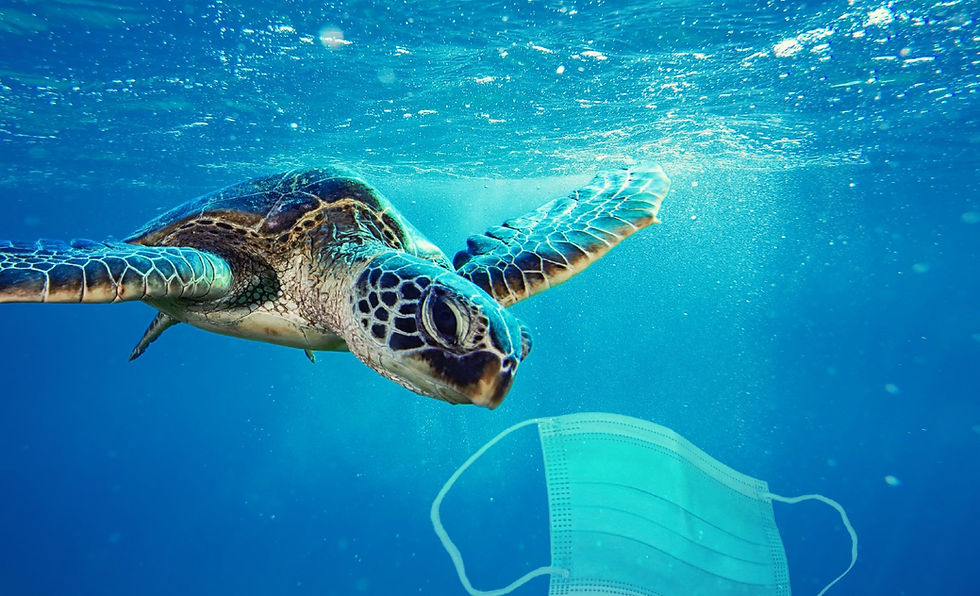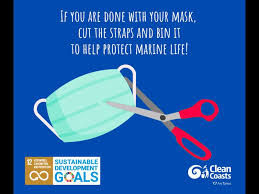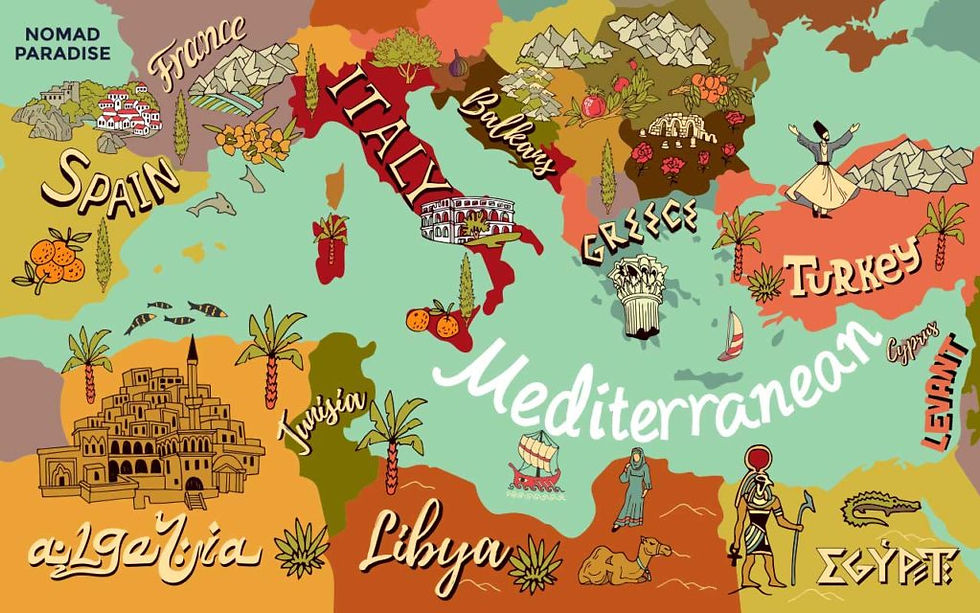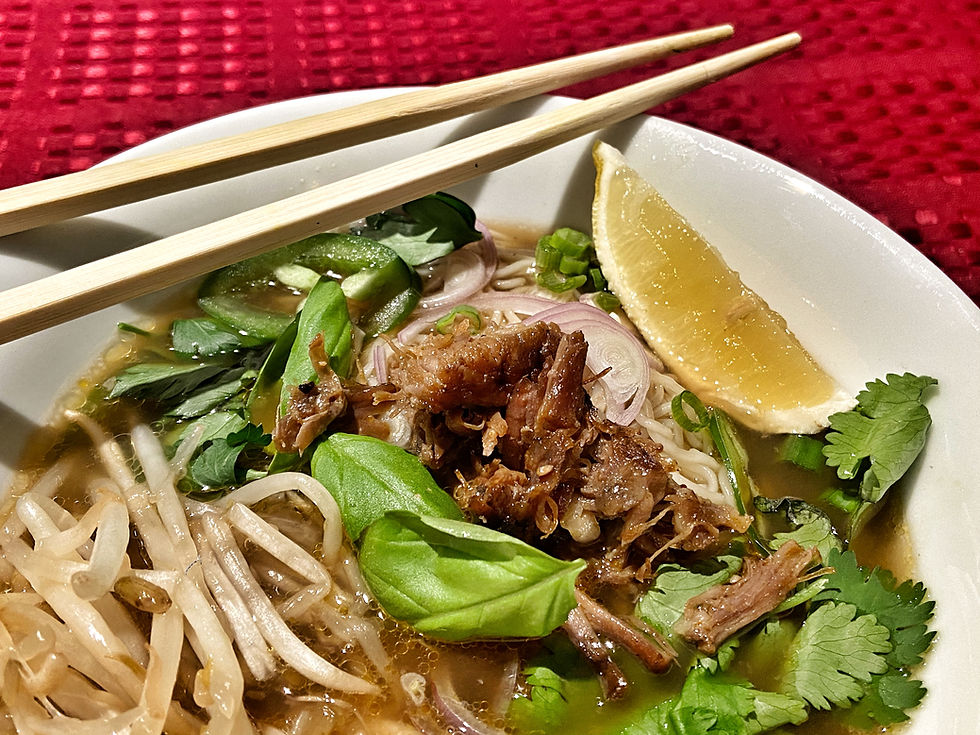Theory of Food II - Blog #2 - Reflection Paper
- felipegombossy
- 28 de fev. de 2021
- 1 min de leitura

How Covid-19 has impacted the increase of plastic consumption and how it has affected marine life, and ocean health are some of the questions I’ve decided to discuss.
Oceans are the largest ecosystem on the planet, and humankind needs to keep them clean and balanced.
The entire world still keeps throwing more than 10% of the global waste into the salty waters. According to National Geographic, there are more than 5.25 Trillion Pieces of trash distributed in the 5 oceans: the Atlantic, Pacific, Indian, Arctic, and the ocean Antarctic.
Unfortunately, the Covid-19 has not created more awareness in terms of ocean preservation.
Actually, it is the opposite. Because of the pandemic, plastic consumption has increased by 80% since all restaurants, bars, and cafes worldwide are surviving thanks to take-out and delivery systems. The Covid-19 has also brought new elements worth mentioning: face masks and rubber gloves.
The large consumption of face masks has created an ecological issue as many marine animals have been trapped in rubber straps. Already, mask litter has polluted parks, sidewalks, and our city streets. Reports have been shared of wildlife tangled in the elastic straps common to most plastic, disposable masks. Dolphins, turtles, and other marine animals can easily choke or suffer from fatal bowel obstructions when they mistake personal protective equipment for food. Face masks are the new plastic straws.
The good news? We can all do our part by taking a little extra care to make sure our masks don’t hurt fellow animals! Before discarding your facemask, remember to cut the elastics before throw in the recycle garbage.





Comments